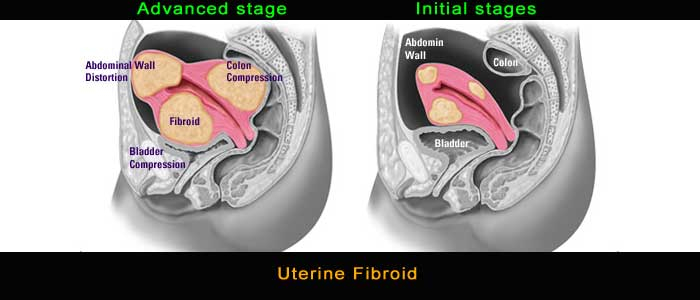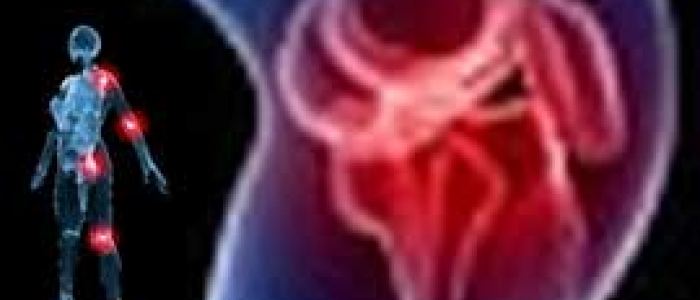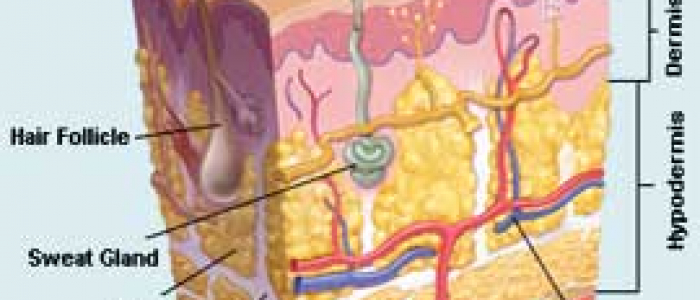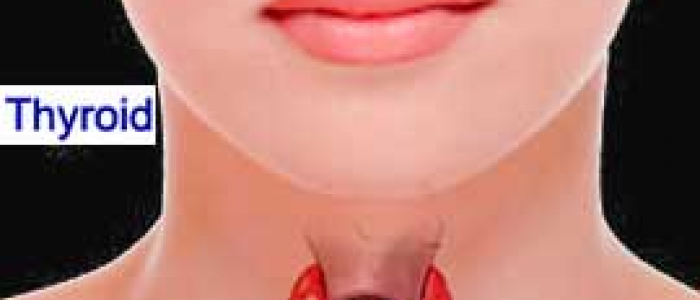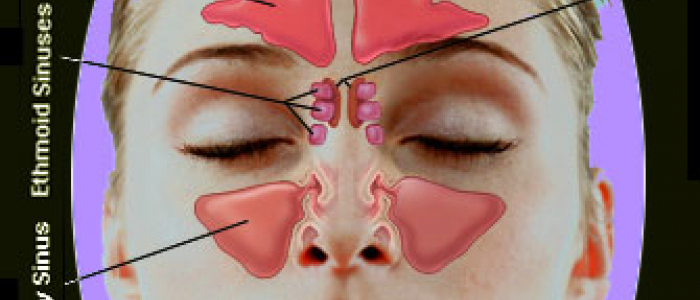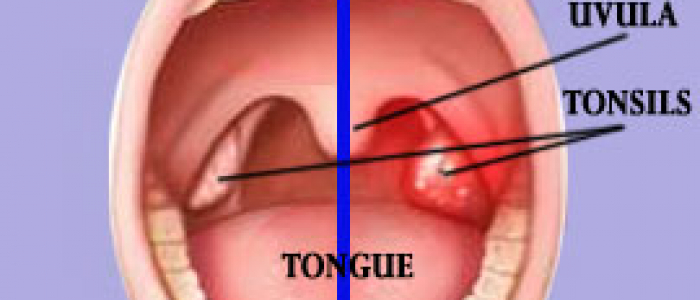
Thyroid is one of the body’s most important glands. Thyroid dysfunction is one of the most common clinical conditions seen frequently. Thyroid function influences energy formation, circulation, immune function, the metabolism of all the organs, blood sugar regulation, emotional stability, and hormonal balance.
Thyroid is a butterfly shaped gland located in the neck on either side of the voice box that controls the overall metabolic rate of the body. Hence, imbalances of thyroid hormones can have an intense effect on an individual's energy levels. Sometimes the disturbances are very clear and easily diagnosed. Often though, they can be rather delicate and easily overlooked.
Hyperthyroidism
Hyperthyroidism is when the thyroid gland produces an excess of hormones. This is associated with weight loss coupled with increased appetite, heart palpitations, increased body heat, bulging eyes, restlessness, anxiety, sleep disturbances or insomnia, muscle weakness, trembling hands, and decreased menstrual flow.
Hypothyroidism
Hypothyroidism is a condition in which the body lacks sufficient thyroid hormone. This occurs with greater frequency in women between the ages of 40-50, and may affect as many as 10% of women over age 50. It is associated with symptoms like fatigue, weight gain, low motivation, heat and/or cold intolerance, headaches and migraines, dry skin and hair, hair loss, fluid retention, unhealthy brittle nails, constipation, irritable bowel syndrome, asthma, allergies, slow healing, acne, hives, carpal tunnel syndrome, low sex drive, insomnia, irritability, anxiety and panic attacks, depression, decreased memory and concentration, and sometimes infertility.
Causes
- Deficiencies of iodine, B vitamins, various minerals.
- Nutritional toxins, environmental toxins, microorganisms, iatrogenic disorders that is caused by a medical procedure or drug, and hormonal imbalances.
- Soy isoflavones - a type of Phytoestrogens compound that have weak estrogenic activity are strong thyroid inhibitors.
- Estrogen dominance during perimenopause can suppress thyroid function.
- Broccoli, cauliflower, cabbage, and brussels sprouts - when eaten raw can cause thyroid disruption.
- Agricultural sprays, chlorine and fluorides in water.
- Radiation ranging from nuclear plants and high power lines, to common household items such as microwaves, TV’s, computers, water beds, electric blankets, and some electrical appliances all have the potential of affecting the thyroid.
- Heavy metals like mercury, cadmium, iron, and arsenic.
- Coxsackie virus, candida fungus overgrowth due to stress, lowered immune system, antibiotic overuse, oral contraceptives, and use of steroids.
Homeopathic Approach to Thyroid Problems
Homeopathy considers a disease to be the result from emotional distress and frustration, which blocks the life force energy into various different organs or glands. Homeopathy considers thyroid problem as one such autoimmune glandular dysfunction. Homeopathy offers better chances of a cure since the treatment is based on the person's individual constitution. Homeopathic treatment may be useful as a supportive therapy for regulating both "hyper" and "hypo" conditions of the thyroid.
Conventional treatment of thyroid dysfunction relies mainly on drugs and surgery, whereas homeopathic treatment improves the function of the thyroid gland through natural means. Homeopathic remedies work by stimulating the body's own healing power. Homeopathic remedies stimulate the body to reactivate the hormone secretions, replenish and restore the thyroid tissue through the pituitary and other glands as a whole allowing the body to heal itself.
The fundamental understanding of homeopathy is that substances that can cause a pattern of symptoms in a healthy person can activate a cure of that pattern of symptoms in a sick person when those substances are homeopathically potentized. This is done not by suppressing symptoms like an allopathic drug, but by expressing the healing powers dwelling within us to heal through treating the whole person including body, mind and emotions.
Another striking thing about homeopathy is that it has no side effects. People on multiple medications can safely take homeopathic medicines. Homeopathic drugs are non-habit forming and have no addictive characteristics. Homeopathy has an exceptional proven safety record with the FDA with 200 years of clinical effectiveness.
Thus, homeopathic remedies will help boost your energy, improve circulation, and soothe metabolism by balancing “hyper” or “hypo” thyroid functions. To conclude, homeopathy heals by finding and curing the roots of the disease. It has a cleansing effect and stimulates thyroid activity by implementing a general regulating influence on the thyroid. Hence, for a safe, natural, effective, and long-lasting answer for your thyroid problems, consider homeopathy.



